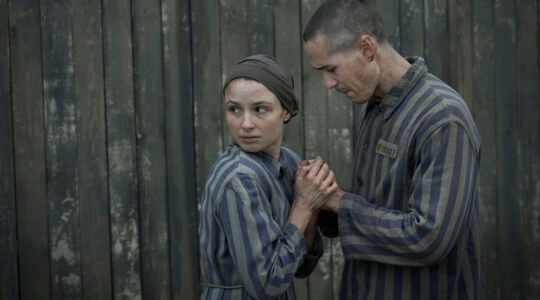We’ve got one week to go before the next Women of the Wall service, and the storm of controversy is (predictably) brewing once again. This month, it’s courtesy of Israel’s Chief Rabbinical Council, the Chief Rabbinate’s governing body, which announced today that — after deliberating — it has come to a decision regarding Women of the Wall.
The decision? “There should be no change from the status quo, and the Western Wall should be treated with the holiness of an [Orthodox] synagogue,” according to a press release.
Unless I missed something, the council came to this decision 25 years ago, when Women of the Wall first began meeting at the Kotel at the beginning of every Jewish month.
That’s also what the Rabbinate’s spokesman, Ziv Maor, told me.
“It’s nothing new,” he said. “It’s a clarification.”
Maor says that the council is announcing the decision now due to increasing calls for religious pluralism at the Kotel. It’s possible, though, that the timing is a signal from the council that, even as Women of the Wall now have the legal right to pray as they wish at the Kotel, the Chief Rabbinate isn’t going to go down without a fight.
The same message was more than evident at last month’s Women of the Wall service, where thousands of haredi girls packed the plaza, and dozens of haredi men threw stones, coffee, water and a chair at the group. The council’s announcement also included a routine call against “any provocative action and any violent behavior from any side, and requests that the sides act with restraint.”
In related news, according to a Women of the Wall press release, someone claiming to be affiliated with the group sent a message to Israel’s chief rabbis, saying that if they “do not allow Women of the Wall to pray according to our traditions,” their “end is near.” The threat also included a picture of a handgun, according to the press release.
Women of the Wall have condemned the threat and say that its anonymous author isn’t connected to the group. Then, in a statement that would seem bizarre out of context, the group said it wishes the chief rabbis “strength and courage during this trying time.”





